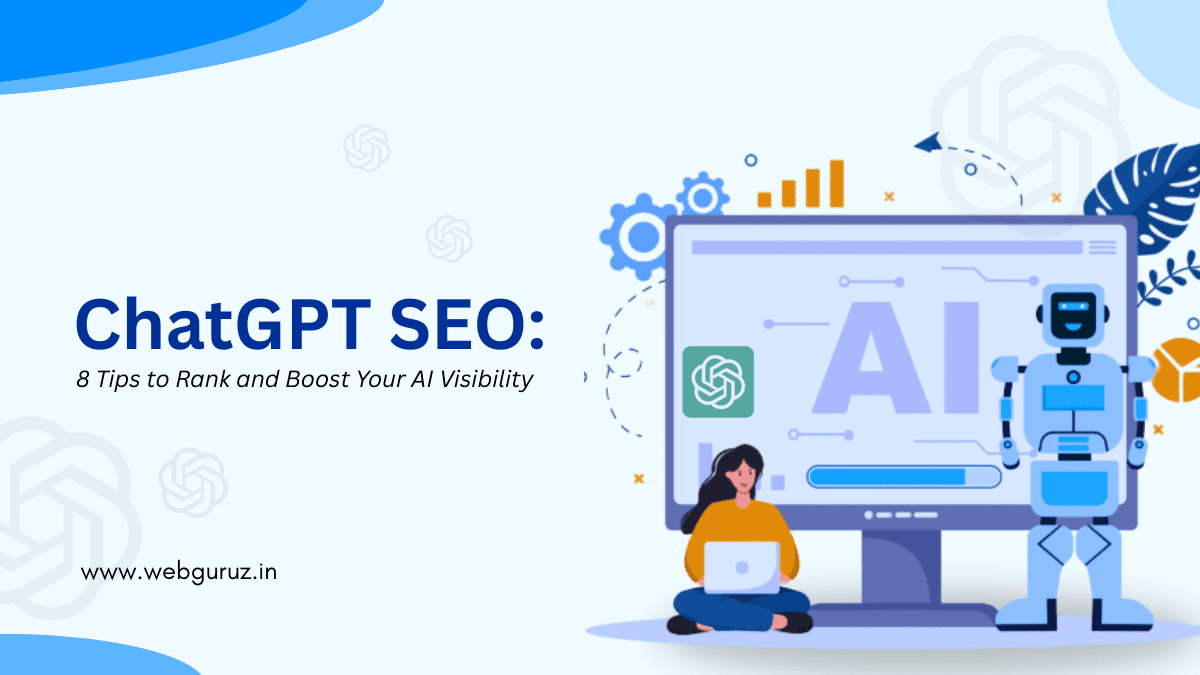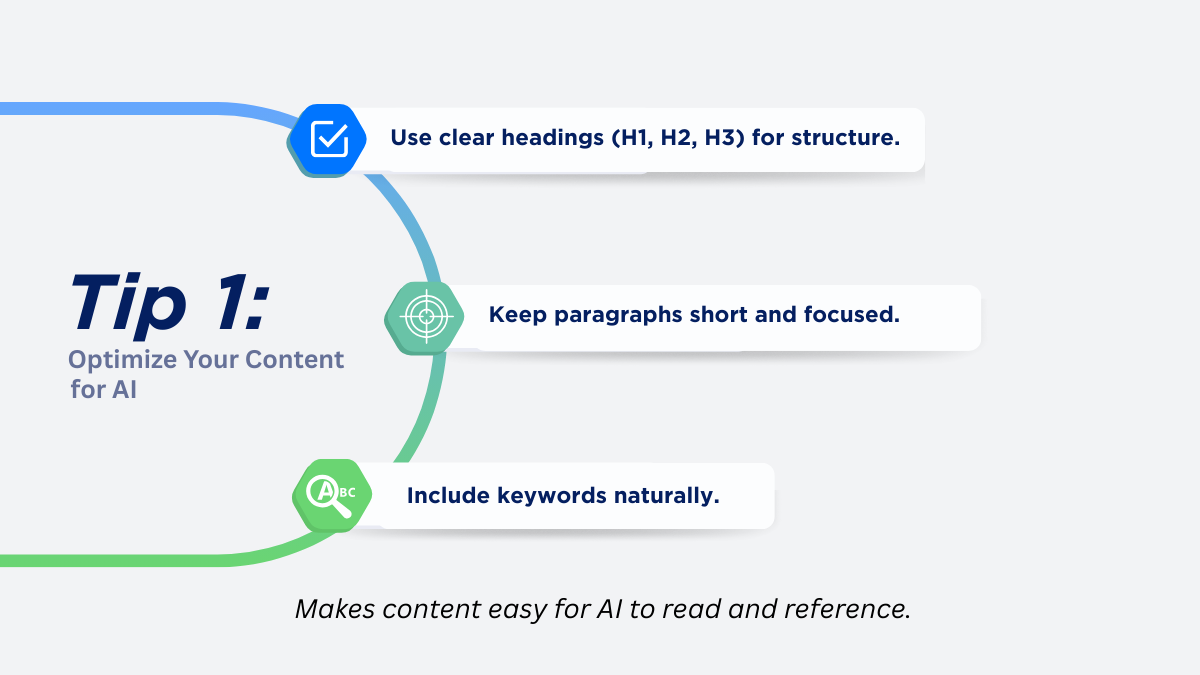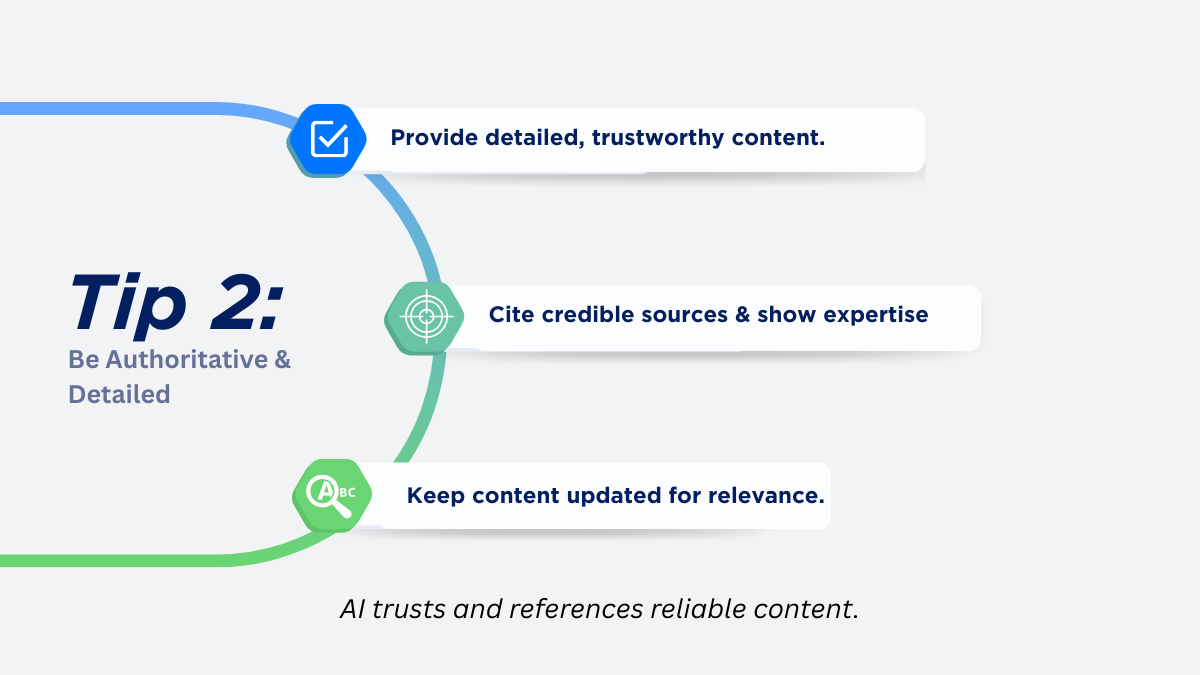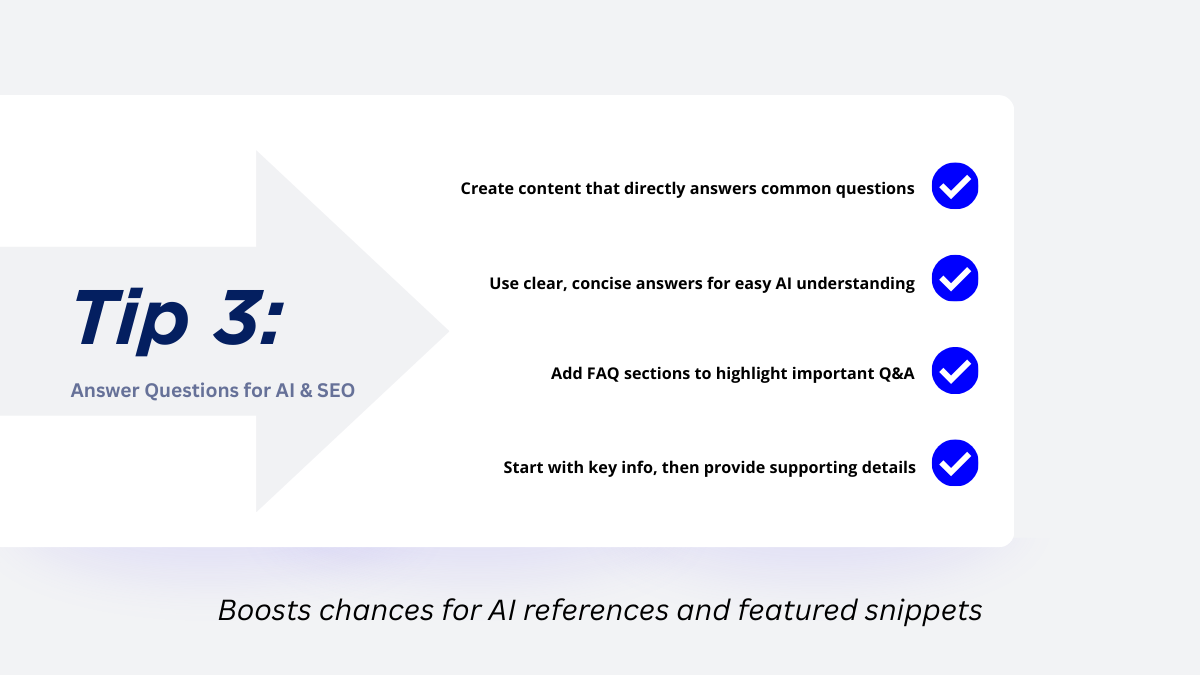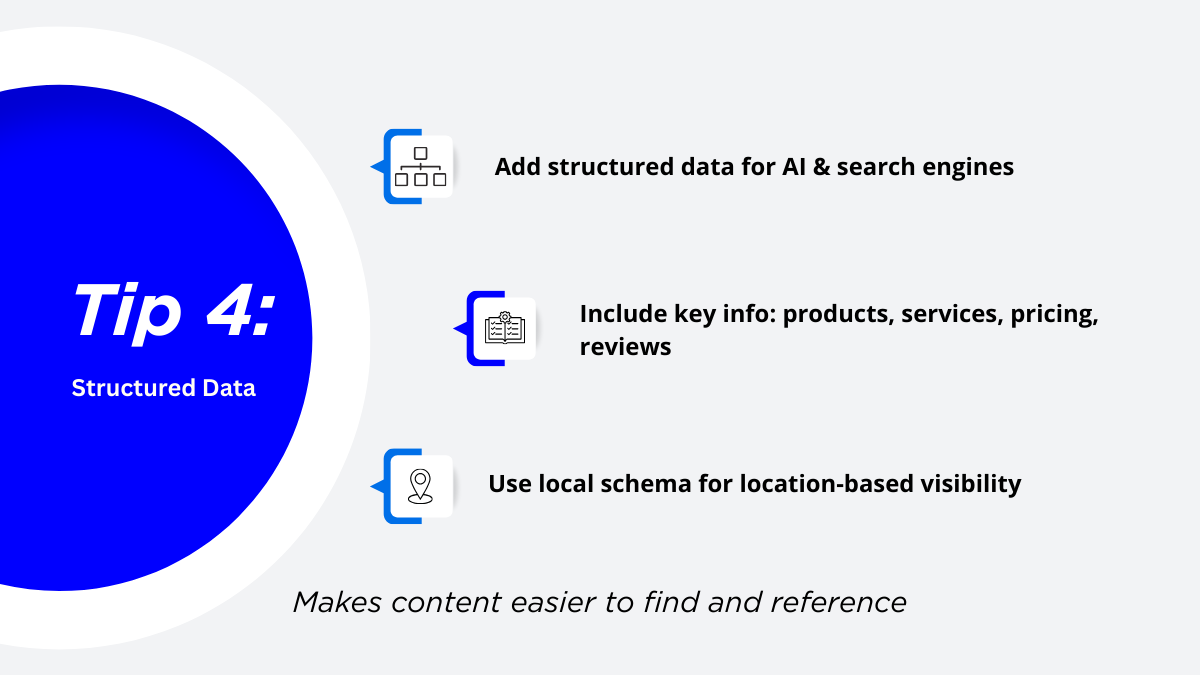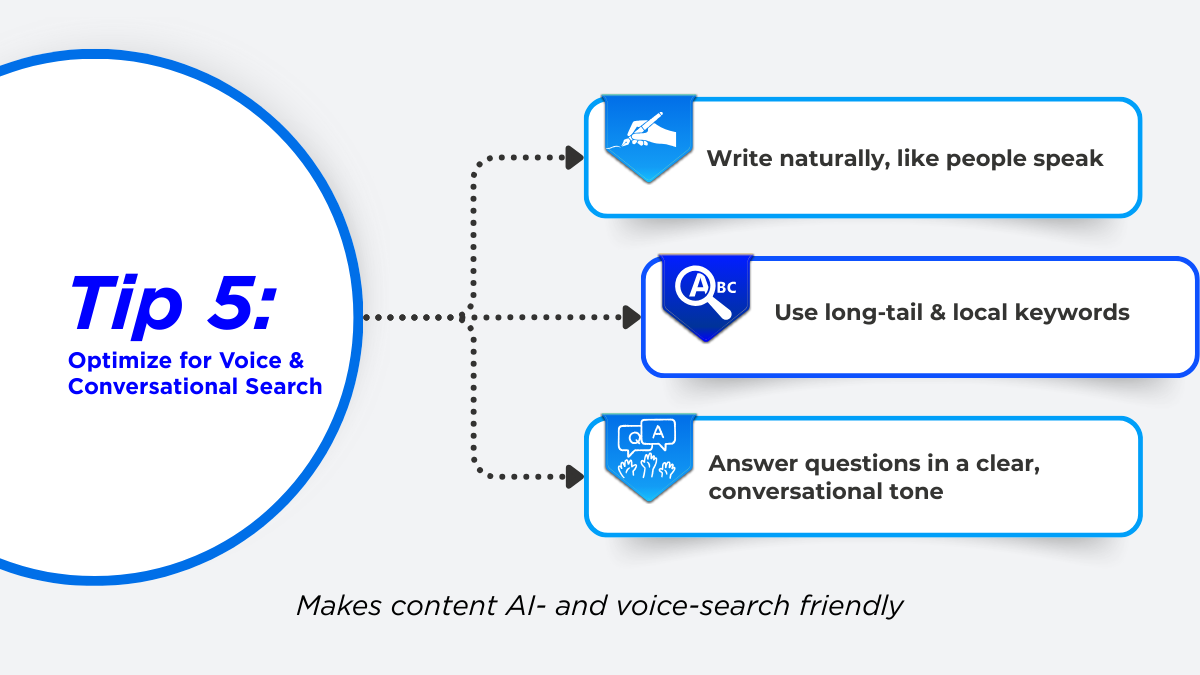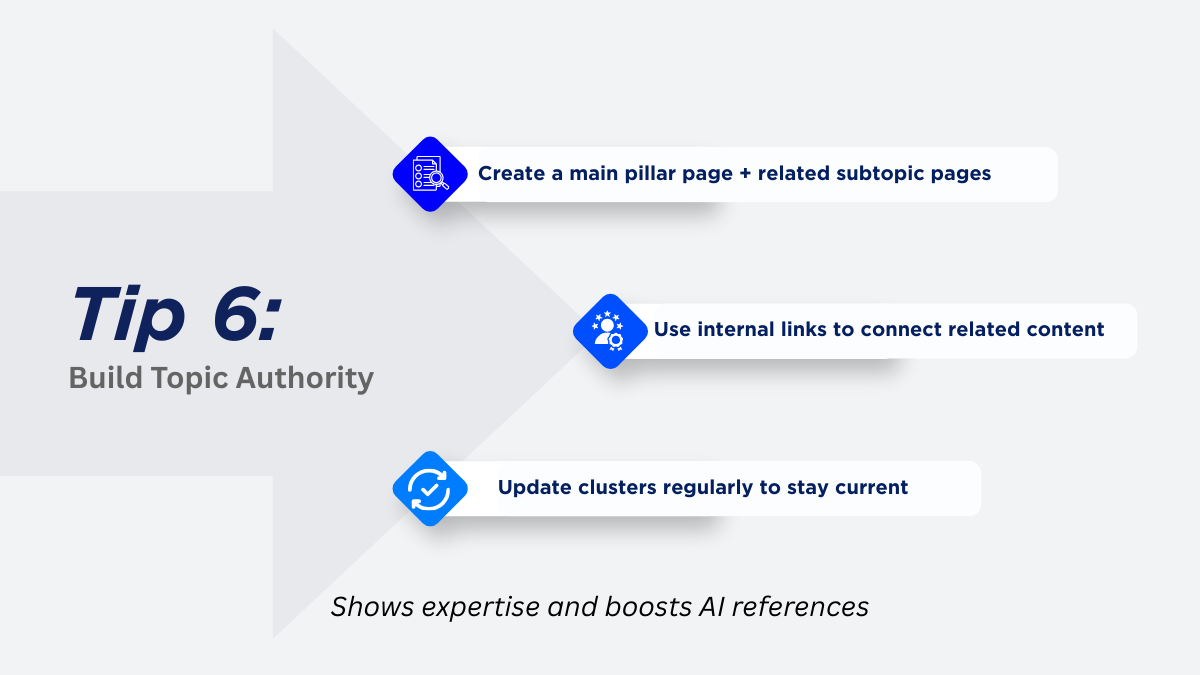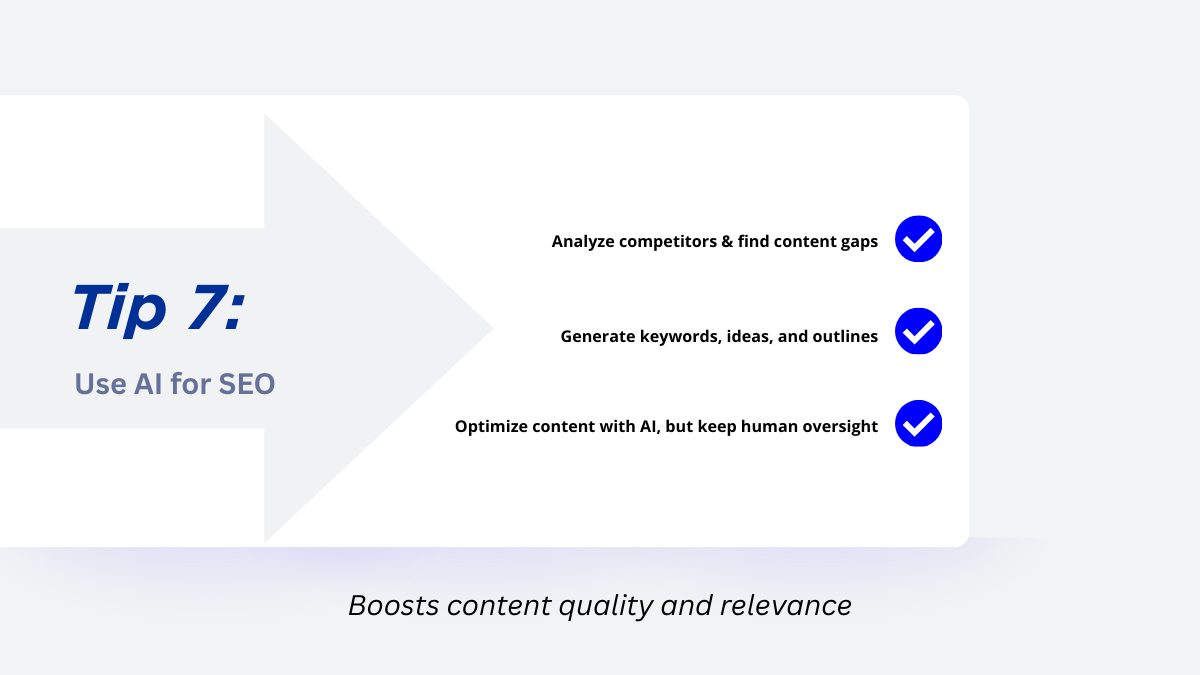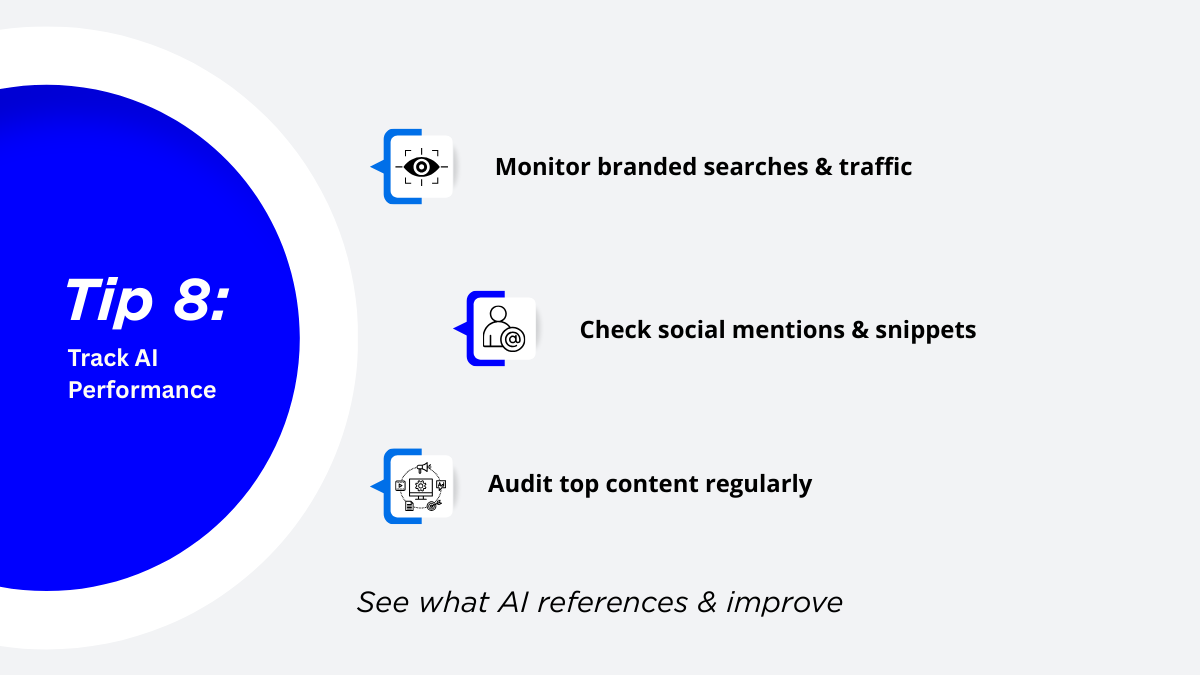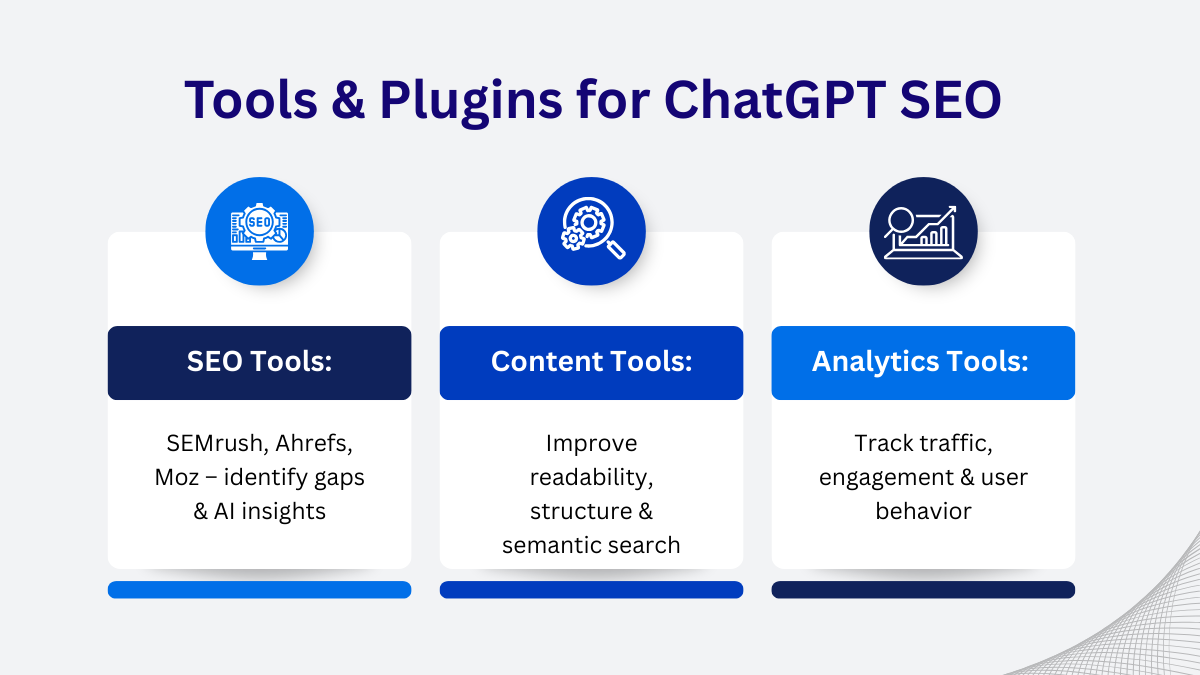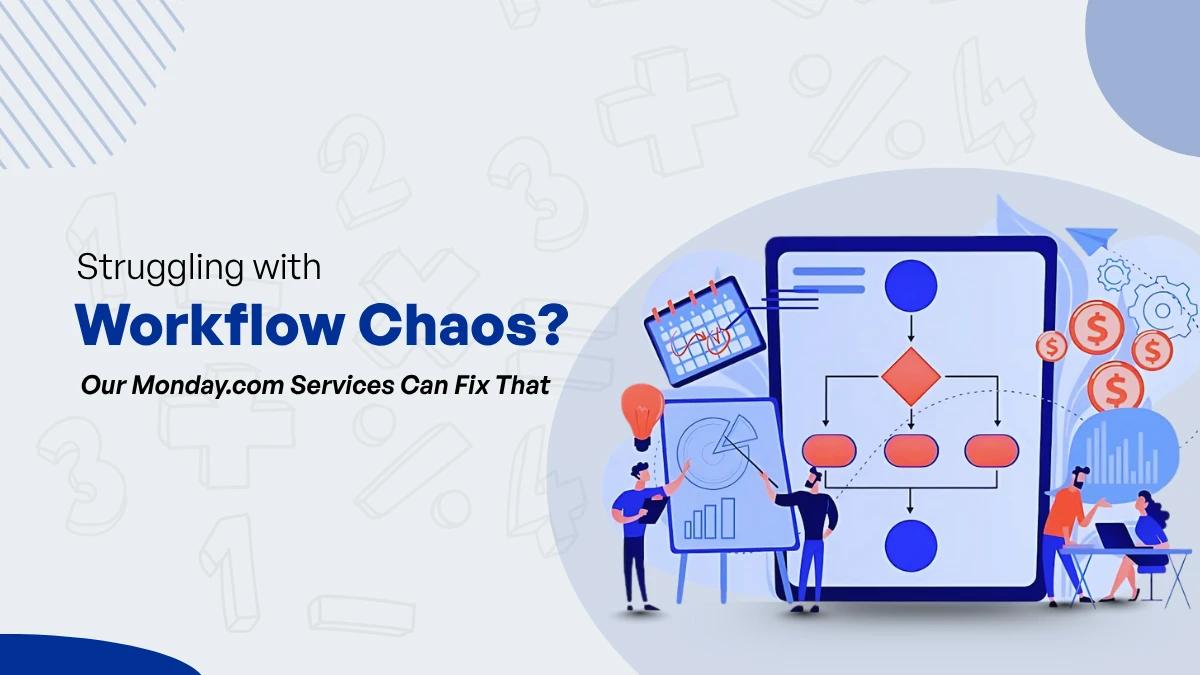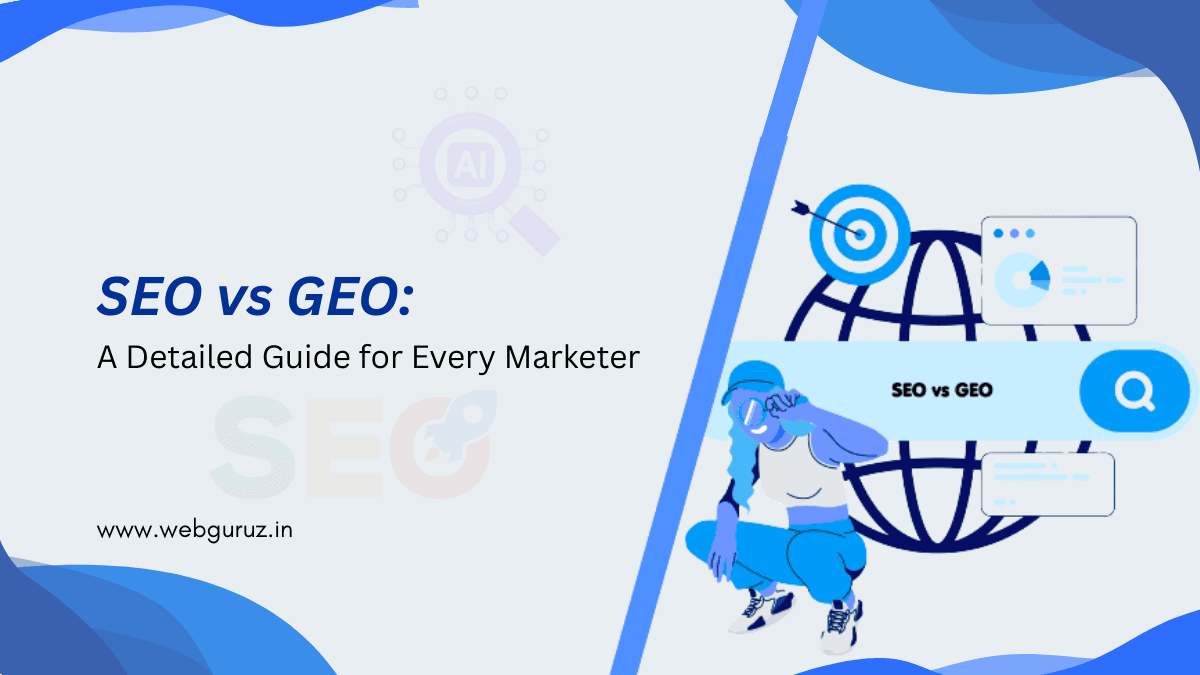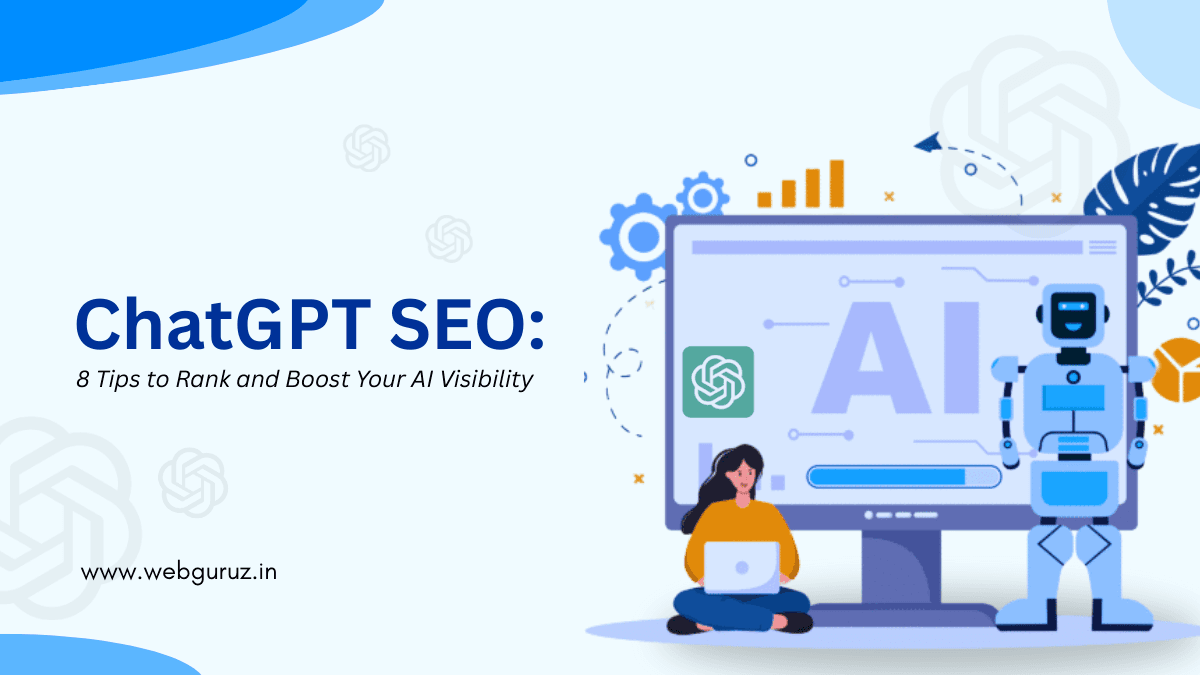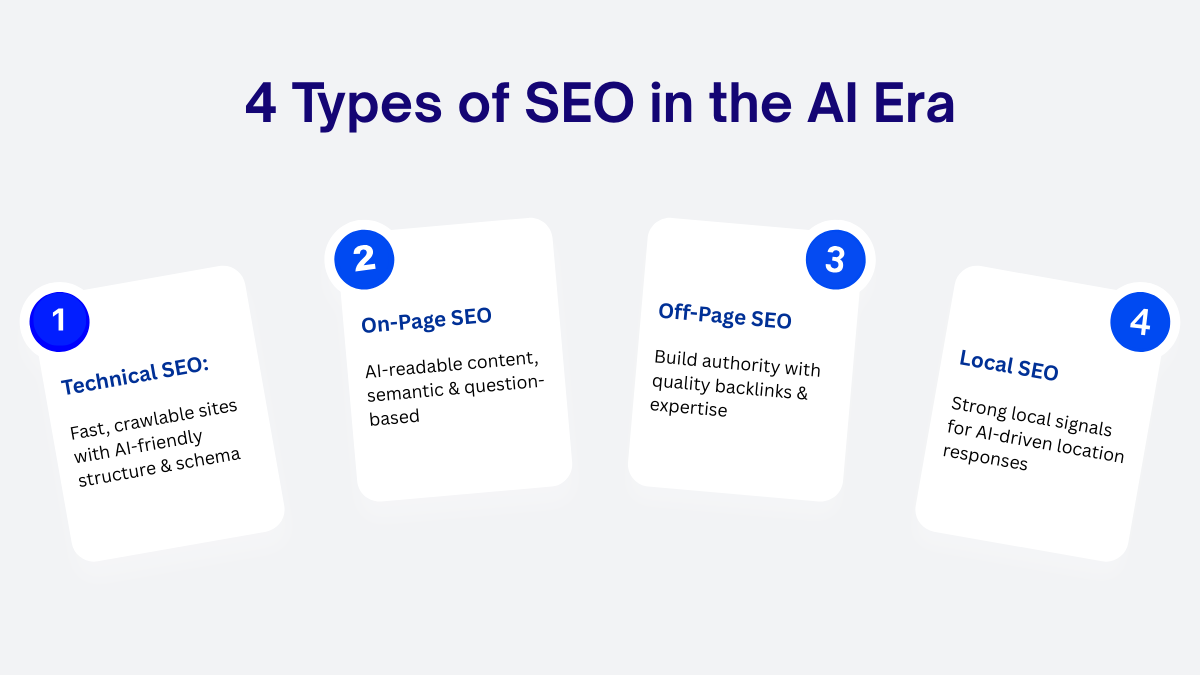
When people ask “What are the 4 types of SEO?” in the context of AI, we’re looking at an evolved understanding of SEO categories. Traditional SEO includes Technical SEO, On-Page SEO, Off-Page SEO, and Local SEO. In the AI era, these categories expand to include considerations for AI visibility.
Technical SEO now includes ensuring your website is easily crawlable by AI tools and that your content structure supports AI processing. This might involve optimizing site speed, mobile responsiveness, and implementing proper schema markup for AI understanding.
On-Page SEO evolves to include optimization for AI readability and natural language processing. This means focusing more on semantic search, question-based content, and comprehensive topic coverage rather than just keyword density.
Off-Page SEO remains important for establishing authority that AI tools recognize. Building quality backlinks and establishing expertise across the web helps AI tools identify your content as authoritative and worth referencing.
Local SEO becomes even more crucial as AI tools often provide location-specific responses. Businesses working with local seo agency partners need to ensure their local signals are strong across all platforms where AI tools might gather information.





